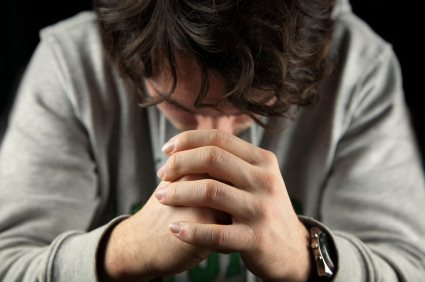Cognitive and Mindfulness‐Based Therapy for Adolescents with Co‐Occurring Post‐Traumatic Stress and Substance Use Disorder
Early life experiences of trauma are known to significantly increase the risk of substance use in adolescence and adulthood. It has been suggested that individuals may use alcohol or drugs as a means of temporarily relieving themselves from psychological distress, however this can lead to increased emotional dysregulation in the long term.
Mindfulness-Based Cognitive Therapy (MBCT) for adolescent suffering from PTSD and SUDs focuses on developing awareness of unhelpful thought patterns and cognitive restructuring.

A recent study, published in the Journal of Psychology and Psychotherapy, has examined the impact of 12-week MBCT sessions involving 37 young people experiencing symptoms of PTSD and SUD. The researchers used standardised measures and urine drug screens to analyse changes in PTSD symptoms, depression, and substance use frequency.
Highlights from the results:
- Cannabis was the most commonly used substance.
- Throughout the 12 weeks, there was a significant improvement in PTSD symptoms, trauma‐related cognitions and depression symptoms.
- Alcohol use remained consistent from baseline to end of treatment; however, cannabis use dropped from 16% to 9% following the course of therapy.
The preliminary results of the study highlight the feasibility, safety, and potential clinical effectiveness of MBCT for young people suffering from PTSD and SUD.
